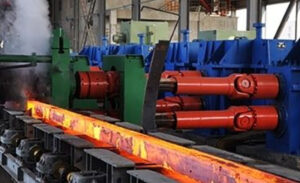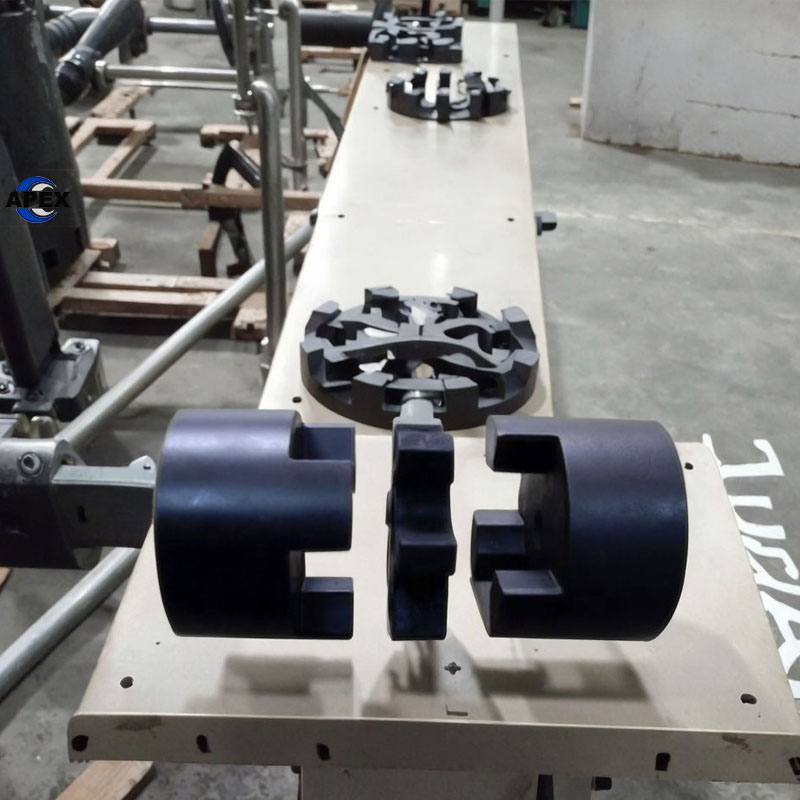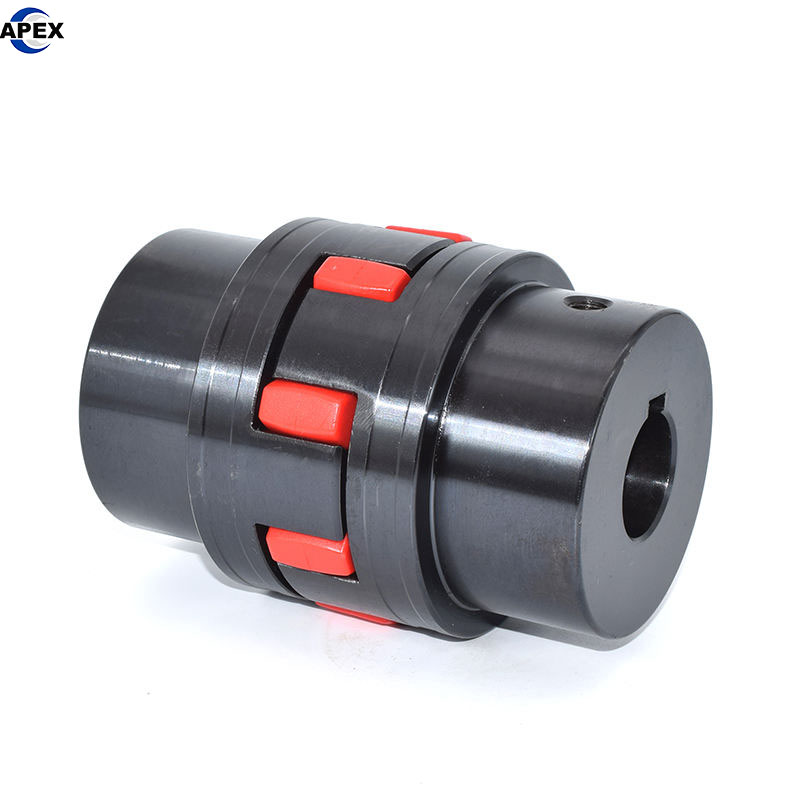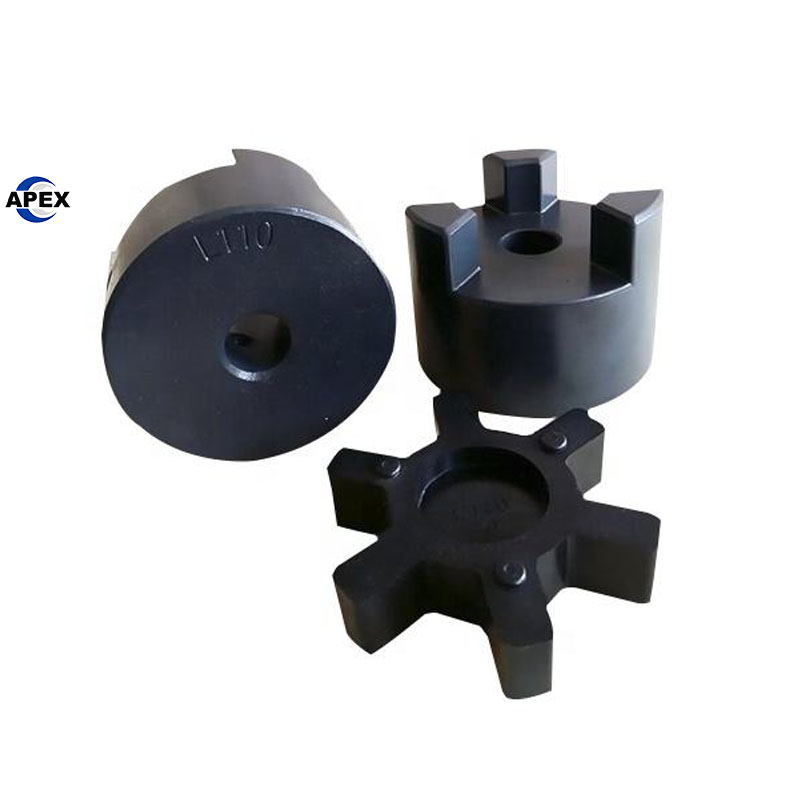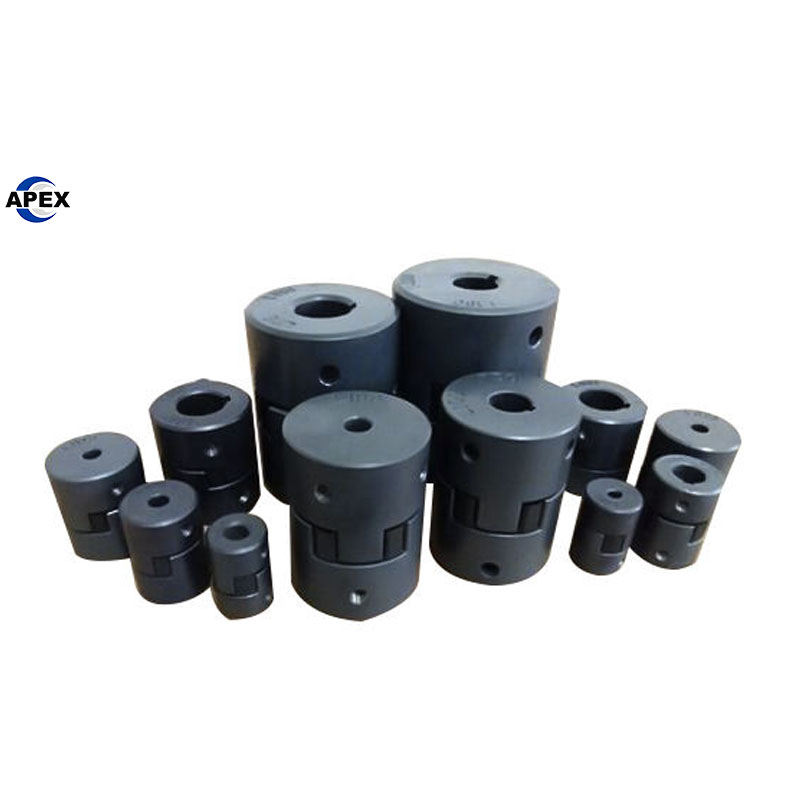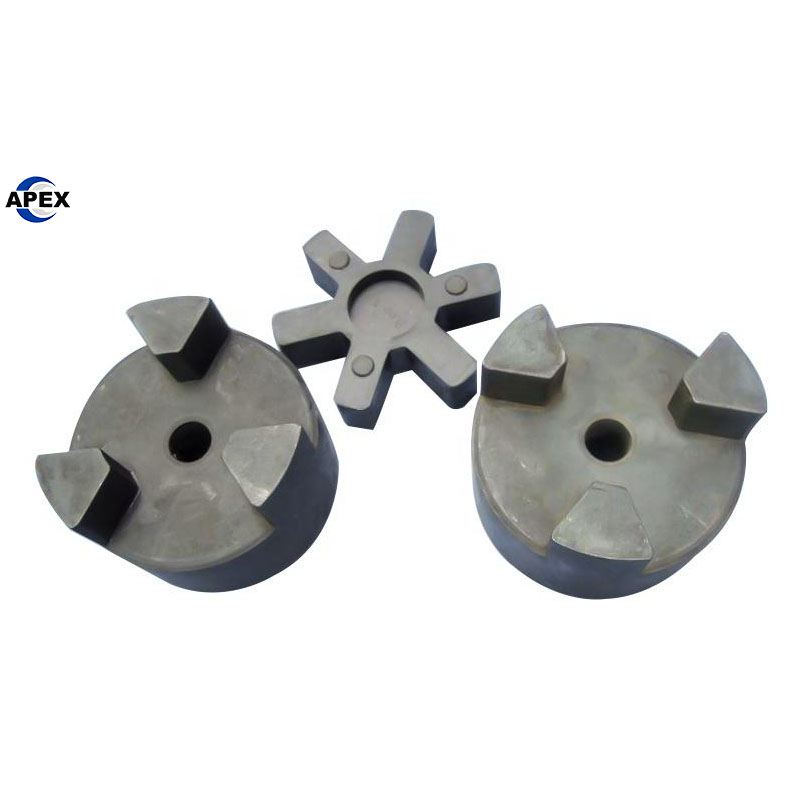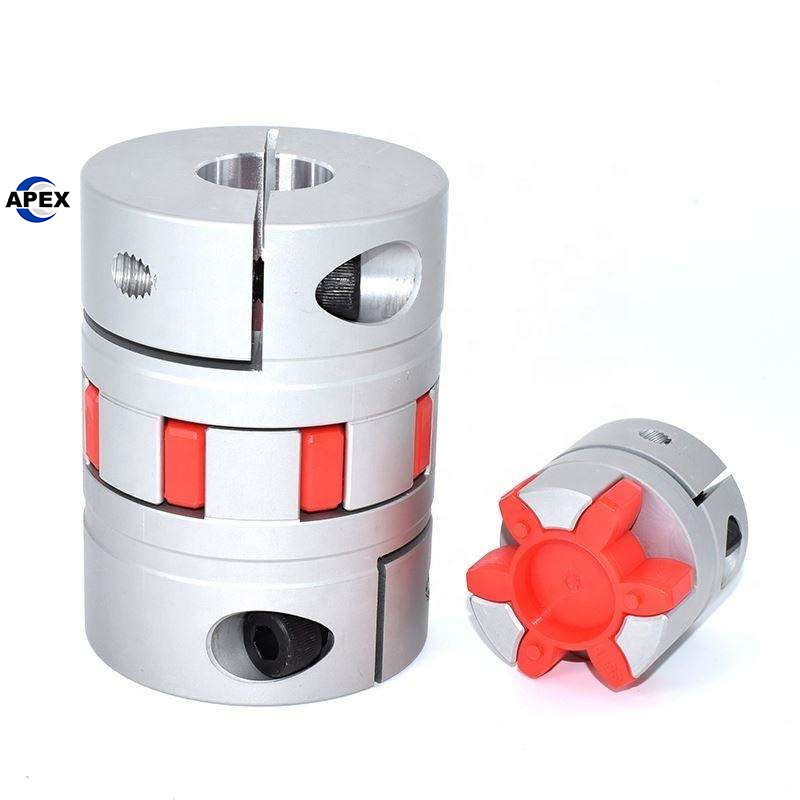OEM ODM Couping manufacturer.
Precision Coupling, Shaft Couplings, OEM ODM.
Apex Coupling: Your OEM/ODM Partner for High-Performance Flexible Shaft Couplings. We provide custom-designed, durable couplings for various industries, ensuring perfect fit and reliable power transmission. Get your solution now!
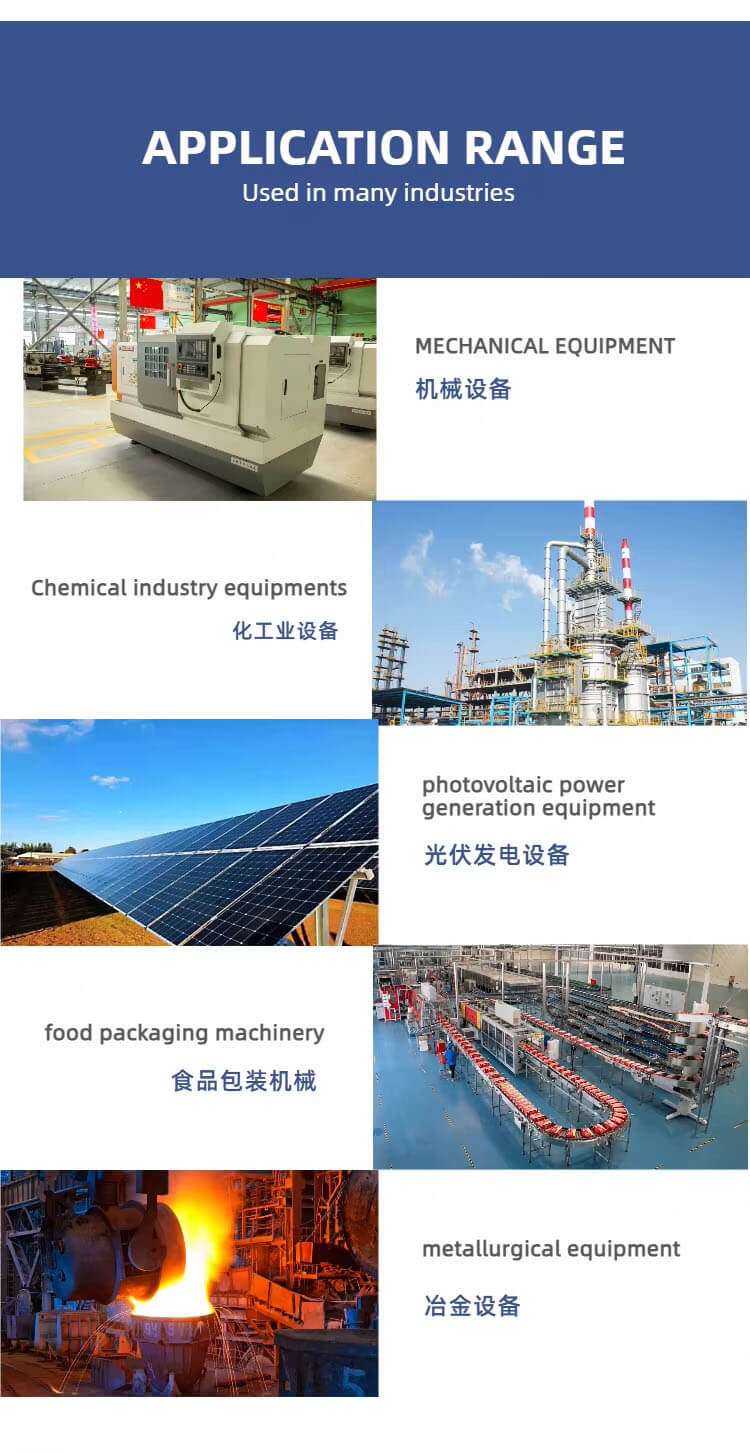
How to choose Precision Coupling?
A 5-Step Guide to Selecting a Precision Coupling
Step 1: Define the Primary Performance Requirement
First, identify the most critical attribute for your application. This will narrow down the coupling type significantly.
Zero Backlash: Is there absolutely no tolerance for lost motion? (e.g., in robotics, CNC indexing heads, automated instrumentation).
High Torsional Stiffness: Must the coupling resist twisting under load to maintain precise positioning between the input and output? (e.g., in servo drives for CNC machines, direct-drive systems).
Constant Velocity: Is it critical that the output velocity is perfectly constant and in-phase with the input, even under misalignment? (e.g., in precision metering systems, radar antennas).
Step 2: Analyze the Type and Magnitude of Misalignment
Precision couplings are designed to handle specific misalignment types. You must quantify the expected values.
Angular Misalignment: Shafts are at an angle.
Parallel Misalignment: Shafts are offset but parallel.
Axial Motion: Shafts move in and out.
Combined Misalignment: A combination of the above.
Exceeding the coupling’s rated misalignment capacity will drastically reduce its life and performance.
Step 3: Determine Key Application Parameters
Gather these essential technical details with high accuracy:
| Parameter | Why It’s Critical for Precision Couplings |
|---|---|
| Torque (Peak & Continuous) | The coupling must handle the maximum peak torque without failing. Torsional stiffness affects how much it will wind up under load. |
| Speed (Max. RPM) | High speeds require a coupling that is dynamically balanced to prevent vibrations. |
| Shaft Sizes | Defines the bore. Precision applications often prefer keyless clamping hubs (like shrink discs) for superior grip, concentricity, and balance. |
| Accuracy/Repeatability Requirement | Specify the required level of angular transmission error (in arc-minutes or arc-seconds). |
Step 4: Match Requirements to Coupling Type
This is the core of the selection process. Use the following table to guide your choice:
| Coupling Type | Best For | Key Advantage | Key Consideration |
|---|---|---|---|
| Bellows Coupling | Zero Backlash, High Speeds, High Stiffness | Excellent torsional rigidity & precision. Handles angular & parallel misalignment. | Low axial stiffness; can be sensitive to parallel misalignment. |
| Oldham Coupling | Excellent Parallel Misalignment | Accommodates high parallel offset with constant velocity. | Has low-level inherent backlash (though minimal). Three-piece design. |
| Beam Coupling | Zero Backlash, Cost-Effective | Simple, single-piece design. Good for low-torque, low-misalignment applications. | Lower torsional stiffness; can “wind up.” Not for high-precision under high load. |
| Disc Coupling | High Torque, High Speed, Zero Backlash | High power density & torsional stiffness. Robust and maintenance-free. | More complex than beam; requires good installation to avoid induced stresses. |
| Crossed-Roller Coupling | Ultra-High Torsional Stiffness | The stiffest option, behaves almost like a solid shaft. | Very limited misalignment capacity. |
Step 5: Finalize with a Trusted Technical Partner
For precision applications, the supplier’s expertise is as important as the product.
Engineering Support: Choose a supplier who can review your application and recommend the optimal solution.
Certified Quality: ISO 9001 certification is a baseline. Look for suppliers with a focus on metrology and quality control.
Customization (OEM/ODM): The ability to provide custom bores, lengths, and materials is often necessary.
Summary: When is a “Precision Coupling” Required?
Choose a precision coupling for applications where performance is measured in accuracy and repeatability, not just power transmission:
Servo Motor Systems
Robotics and Automation
CNC Machinery (Spindles, Axes)
Optical and Imaging Systems
Aerospace & Defense Actuators
Medical and Laboratory Equipment
Final Recommendation: The most crucial step is providing the torque, speed, stiffness, and misalignment data to the coupling manufacturer. Use their technical catalogs and engineering support. For high-performance systems, never guess; always seek a verified selection to ensure your machinery operates as designed.
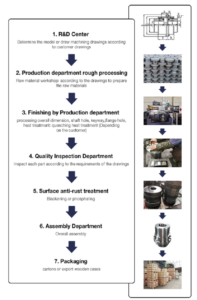
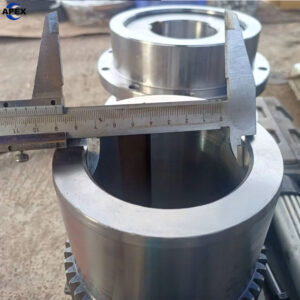
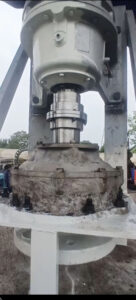
Customization options, customized on demand, sample processing, graphic processing.
Product Support traceability of raw materials
Quality control conducted on all production lines.
R&D engineer education levels3 graduate
Choose Confidence. Choose Safety.
Contact us today to discuss how our certified quality and safety standards can protect your operations. Request a quote and receive full technical data sheets for your evaluation.
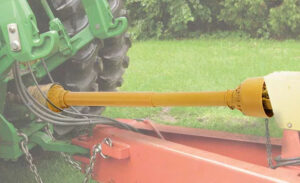
Our Commitment to You:
We guarantee that every coupling leaving our facility is built to perform safely and reliably. Our quality is not just a promise—it’s a result of a systematic, verifiable process built into everything we do.
